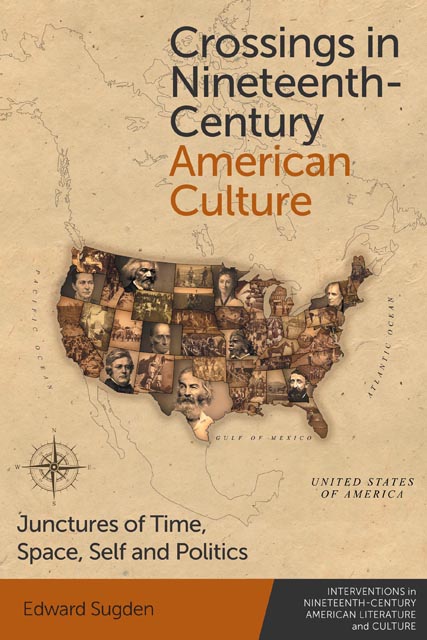14 - Ulster, 1785/Pennsylvania, 1817/ Ulster, 1845: James McHenry’s Pa limpsest of Anglo Settler Colonialism
Published online by Cambridge University Press: 26 November 2022
Summary
The literal and literary Atlantic crossings of the man billed as the first ‘Irish- American’ novelist (Fanning 1999: 43), James McHenry, provide a perhaps unique window on a long history of the ‘plantation’ of Anglo-Reform culture. That is, the going-on-a-millennium experiment in the exogenous installation of a culture projecting itself as the smartest form of Christian civilisation and thus both the worthiest of and tidiest at replication. That experiment began with the twelfth-century Anglo-Norman attempt to make over the Indigenous Irish way of life – of which an idiosyncratic Catholicism was an organic part but to which it is not reducible – with cutting-edge religious orders and agricultural schemes (Elliott 2001: 3–56; Gillingham 2000; Gillingham 2001: 27–9, 117–18; Montaño 2011); resumed in the sixteenth century with the freshly Protestant English (re)conquest of Ireland that presaged the colonisation of North America (Beers 1985; Canny 1988; Canny 2001; Ellis 1998; Horning 2013); and culminated in the nineteenth-century genesis of nothing less than a world – an ‘Anglo-World’ – through (1) ‘the settler revolution’, an unprecedented period of ‘explosive colonization’ (Belich 2009) predicated on the ‘elimination’ of Indigenous peoples (Kauanui 2016; Wolfe 2006) in what are now consequently known as Australia, Canada, the United States, and beyond; and (2) the first full subsumption of the original Anglo settler colony, Ireland, within the British empire under the 1800 Act of Union, a legacy that persists – for now – in the political subdivision of the island.
McHenry's cultural biography gave him a unique perspective on and stake in this centuries-long development of Anglo settler colonialism. He was a particular sort of ‘Irish-American’ – a tail-end participant in ‘the earliest example of European mass migration overseas’ (Belich 2009: 60): the relocation of Scots Presbyterians across a ‘long’ eighteenth century from one Anglo settler colony – the northern Irish province of Ulster – to another: North America, Pennsylvania in particular (Dolan 2008: 3–63; Griffin 2001; Ridner 2018). Isolated by rocky shores and a band of drumlins, Ulster has served as a cradle of Native Irish civilisation (Bardon 1992: 1–24).
- Type
- Chapter
- Information
- Crossings in Nineteenth-Century American CultureJunctures of Time, Space, Self and Politics, pp. 222 - 245Publisher: Edinburgh University PressPrint publication year: 2022

